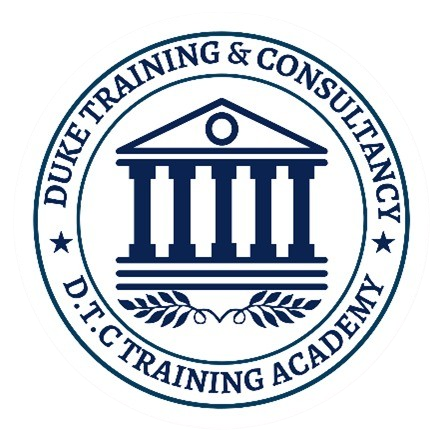Course
Emotional Intteligence for Effective Leadership
This program is designed to enhance participants' understanding and application of emotional intelligence (EI) principles in leadership roles. Through interactive sessions and practical exercises, participants will develop the skills necessary to navigate complex interpersonal dynamics, inspire team members, and drive organizational success.
- Explore the fundamentals of emotional intelligence and its significance in leadership effectiveness.
- Develop self-awareness to recognize and understand one's own emotions and their impact on leadership behavior.
- Enhance social awareness to emphatize with others and build strong relationships in the workplace.
- Cultivate self-management techniques to regulate emotions and maintain composure under pressure.
- Develop relationship management skills to effectively communicate, influence, and resolve conflicts.
- Apply emotional intelligence principles to inspire and motivate team members towards common goals.
- Foster a positive and inclusive work environment that encourages collaboration and innovation.
- Increased self-awareness and emotional regulation.
- Enhanced empathy and interpersonal skills.
- Improved communication and conflict resolution abilities.
- Greater influence and leadership effectiveness.
- Strengthened relationships and team collaboration.
- Enhanced decision-making and problem-solving capabilities.
- Cultivation of a positive work culture and employee engagement.
This program is ideal for managers, team leaders, supervisors, and aspiring leaders who seek to enhance their leaderhip effectiveness through emotional intelligence development.
Suitable for professionals across various industries, including business, healthcare, education, government, non-profit, and more, where effective leadership and interpersonal skills are essential for success.
- Understanding Emotional Intelligence and Its Importance in Leadership
- Developing Self-Awareness and Self-Management Skills
- Cultivating Empathy and Social Awareness
- Building Strong Relationships and Communication Skills
- Managing Conflict and Resolving Differences.
- Inspiring and Motivating Others Through Emotional Leadership
- Creating a Positive Work Environment and Culture
- Application of Emotional Intelligence in Leadership Practices

